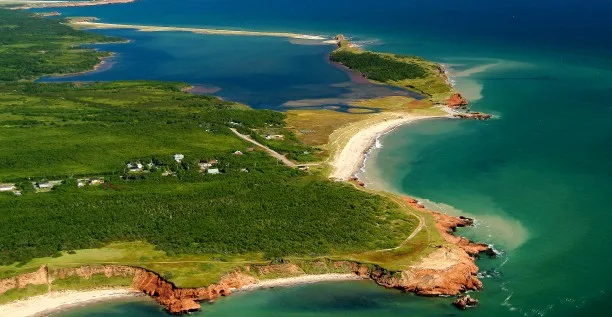Magdalen Islands – The Grande-Entrée wharf is a key piece of infrastructure for the Magdalen Islands community. In recent years, its harbour has been experiencing major sedimentation issues. Fisheries and Oceans Canada is working to understand the causes, so that it can adapt its practices to continue to provide safe access for fish harvesters.
Today, the Minister of Fisheries, Oceans and the Canadian Coast Guard, Diane Lebouthillier, announced the second phase of a two-year hydrosedimentary study at Grande-Entrée, in the Magdalen Islands.
The first phase of the hydrosedimentary study was carried out in 2023-24. This included gathering information on site. Following this first phase, more analysis was required to fully understand the causes of sedimentation at the Grande-Entrée wharf, and to find sustainable solutions in light of climate change.
The overall results of this study will be of great use not only to Fisheries and Oceans Canada, but also to the provincial and municipal governments, which have expressed similar concerns about erosion and submersion problems in the area of the Pointe de la Grande-Entrée.
“The facts are the facts: with no ice in the Gulf this winter, climate change is a reality of today, not tomorrow. The Magdalen Islands have a front-row seat to witness its effects, which is why it is more important than ever for our government to have the best science in order to anticipate them. Thanks to this study, we are giving ourselves more tools to combat increased sedimentation and shoreline erosion in the Magdalen Islands.” – Diane Lebouthillier, Minister of Fisheries, Oceans and Canadian Coast Guard








